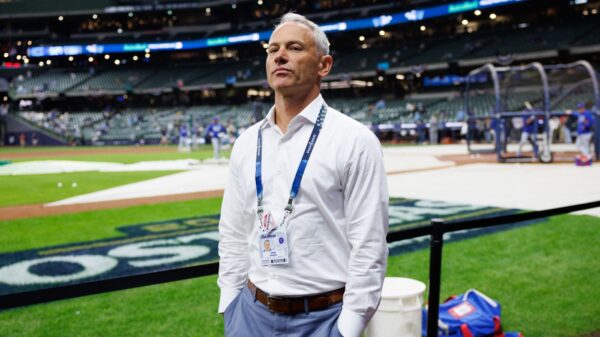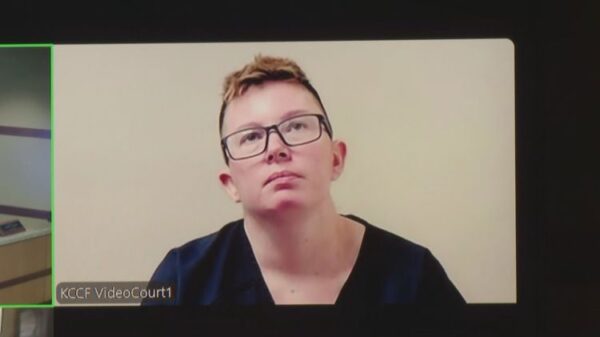BREAKING: Tensions flared at a dinner party when a friend’s boyfriend made hurtful jokes about a guest, escalating to a public confrontation. Attendees were left shocked as the situation unfolded, raising questions about loyalty and boundaries in friendships.
At the dinner party, the boyfriend’s comments, initially perceived as harmless, quickly turned sour. He joked about the guest, known as Drama Queen, being a “drama queen” and gossiping too much. What began as light-hearted banter escalated, as he referenced private conversations shared with his girlfriend, leaving Drama Queen feeling betrayed and exposed.
As the atmosphere grew tense, Drama Queen confronted the boyfriend, asking why he felt comfortable discussing sensitive topics in front of others. Instead of defusing the situation, the girlfriend defended her boyfriend, further complicating matters. This lack of support left Drama Queen feeling deceived and questioning the strength of their friendship.
In a heartfelt response, Harriette Cole advised Drama Queen to communicate openly with her friend. She emphasized the importance of expressing feelings of hurt caused by the boyfriend’s remarks and the friend’s failure to intervene. Cole urged Drama Queen to reconsider what confidences she shares in the future, highlighting a potential shift in their relationship dynamics.
Meanwhile, in a separate but equally pressing matter, teachers are raising alarms about a student struggling socially after experiencing bullying in the previous school year. This bright boy, described as having a “big personality,” has become increasingly withdrawn, often eating alone during lunch.
In a meeting with the student’s parents, the father expressed concern only for his son’s academic performance, dismissing the social issues. Teachers are now seeking strategies to help the student engage with peers and feel safe in school environments.
Cole suggests encouraging the student to join clubs related to his interests, providing opportunities to connect with like-minded peers. She also emphasizes the importance of being a consistent, supportive presence for the child, allowing him to share his feelings without the pressure to “fix” his problems.
These developments underscore significant interpersonal challenges both in personal relationships and educational settings. They highlight the need for open communication and support, particularly in navigating complex social dynamics.
As these stories unfold, the importance of addressing emotional well-being—whether in friendships or school environments—remains paramount. The conversations sparked by these incidents are crucial for fostering understanding and support among peers.
Stay tuned for further updates on these evolving situations.





































































